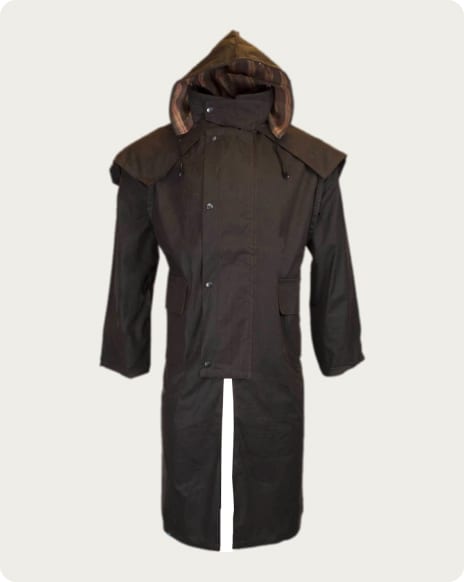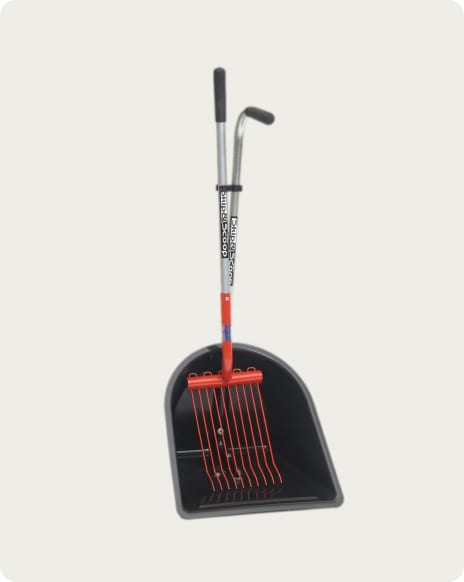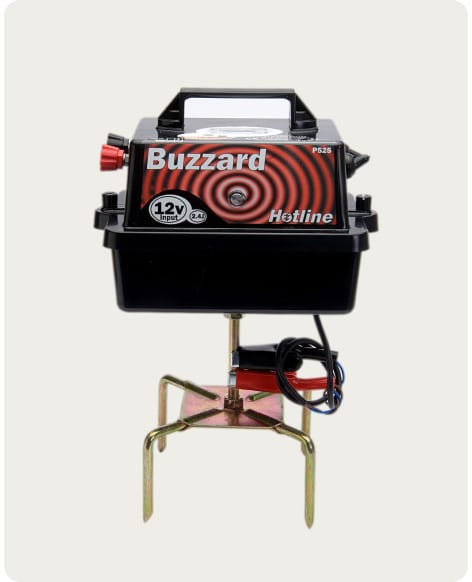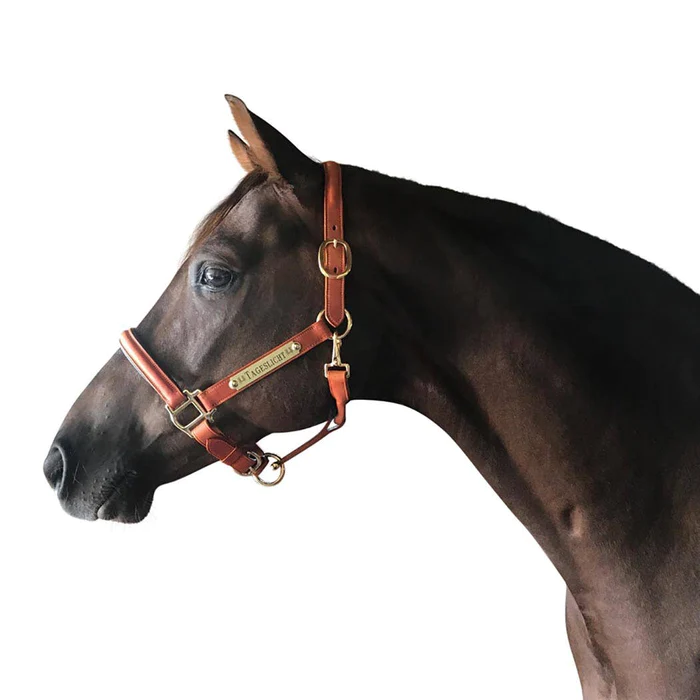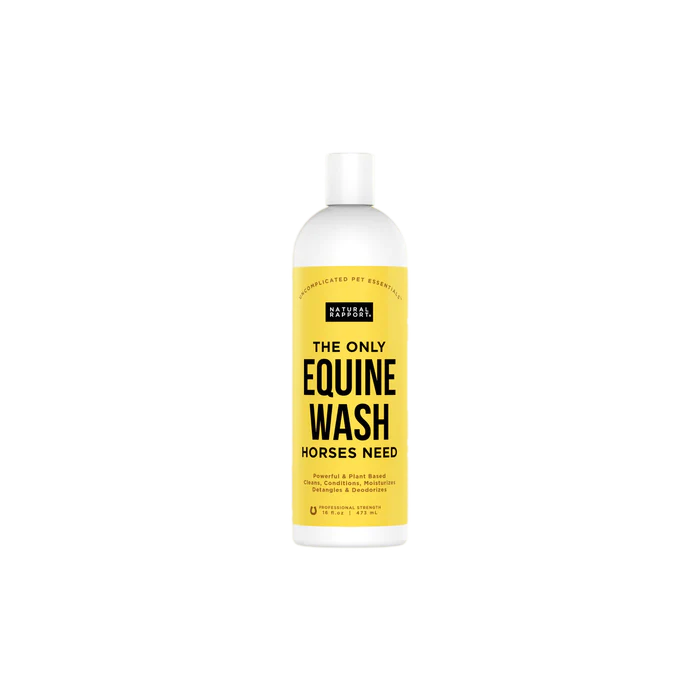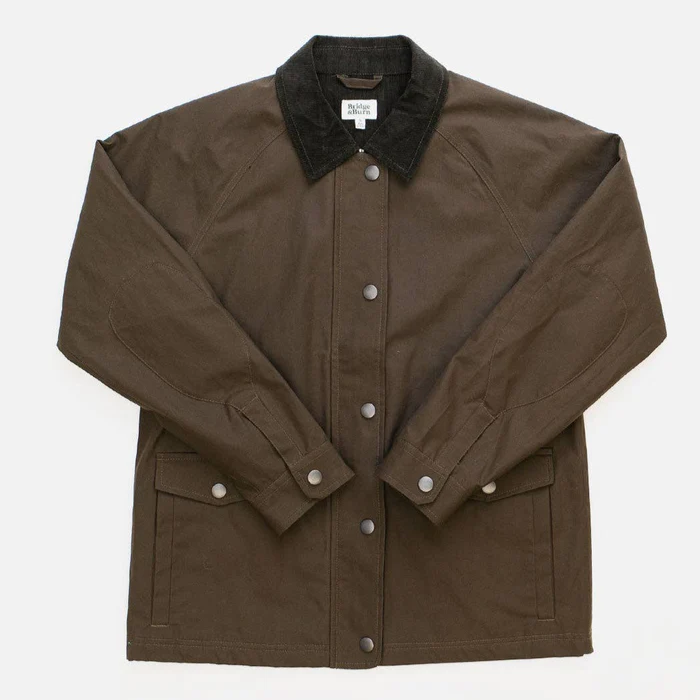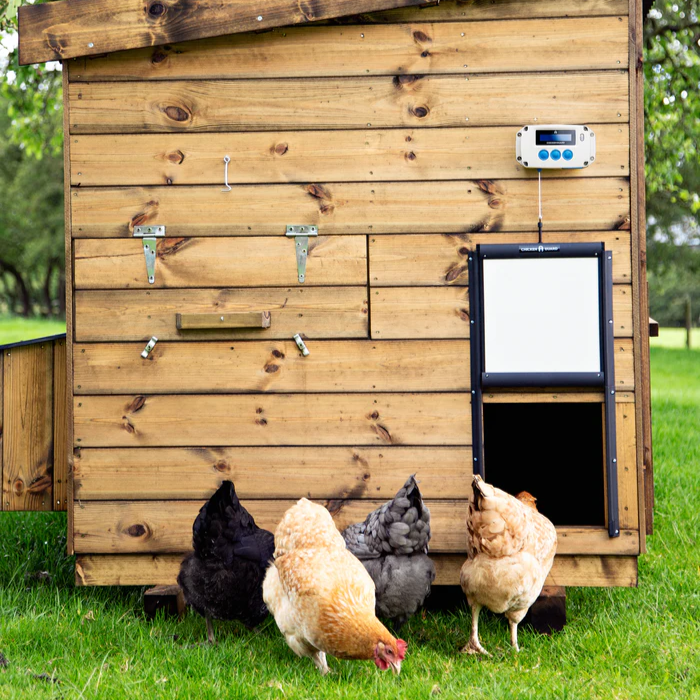As the snow begins to fall and the temperature drops, we farm dwellers start thinking about how to prepare our land and animals for winter. We hunker down and get ready for long, cold nights. And while there are practical considerations to take care of - like making sure the barn is warm enough and that the horses have enough hay - there is also a soulful and magical side to wintering on a farm. This is a time to reflect on the cycle of life, death, decay, and regeneration–something on full display when you are close to nature. It's a time to be thankful for what we have, even as we mourn losses and change. Wintering on our farms can be both a practical and spiritual exercise in battening down the hatches, slowing down, and going inward, if you let it. Here are just some ideas for making the most of the most underrated season.
Prepare your farm for winter by taking care of necessary maintenance tasks.
Winter is a crucial time for any farm, as inclement weather and cold temperatures can put added strain on equipment and buildings. By taking care of necessary maintenance tasks before winter arrives, you can help ensure your farm runs smoothly throughout the season.
There are a few key areas to focus on when preparing your farm for winter:
Equipment: Damp and freezing winter weather can be hard on equipment, so it’s important to inspect and service all of your machines and tools before the season begins. Make sure to check fluid levels, change filters, and grease moving parts. This will help keep your equipment in good working condition and minimise the risk of frustrating breakdowns during the winter.
Buildings: Winter weather can also take a toll on farm buildings. And once the first frost or snowfall comes, it can be difficult to spot problems until they’re screaming at you. That's why it's important to spend some time preparing for winter before the snow starts to fall. Inspect roofs and gutters to make sure they are in good shape. This includes checking for leaks and doing any necessary repairs to roofs and walls, maintaining heating systems, servicing equipment, and ensuring that all tools are properly stored. Don't forget about your animals as well - make sure their shelters are in good condition and consider providing extra bedding or heat sources to keep them comfortable throughout the winter months. By taking care of these tasks early, you can avoid losses or costly surprises.
House crops and house livestock properly to make sure they survive through the winter.
As the cold winter months approach, it's important to properly house your crops and livestock. This means picking fruits and vegetables at the peak of ripeness and storing them in a cool, dry place. It also means removing any excess moisture from stored grains to prevent mould growth.
For livestock, it's important to protect them from harsh weather conditions by providing adequate shelter and potentially adding heating, depending on their hardiness. Keeping their water source from freezing is also crucial for their survival, and there are some great products out there to ensure that. While it may take some extra effort, taking the necessary steps to properly house your crops and livestock can make all the difference in ensuring they make it through the winter season and you aren’t trying to erect a small structure mid-snowstorm.
Conserve resources like water and energy to keep your farm running smoothly.
While not specific to the winter, as a farm owner, it's important to consider the impact that your daily operations have on the environment. Conserving resources like water and energy can not only benefit the planet but also help to reduce costs and keep your farm running smoothly. If you don't have one already, consider using the fallow winter months to plan a drought-resistant crop planting strategy for the spring, or investing in smart irrigation systems to cut down on water usage. Do you have space for even a few small solar panels? Using renewable energy sources for tasks like pumping water or operating machinery can save money and decrease emissions, while also giving you a source of power even if an outage occurs on the grid due to a storm. Additionally, be mindful of electricity usage by turning off lights and unplugging equipment when not in use. By taking steps to conserve resources, you'll not only be helping the planet but also creating efficiency for your operations.
Stay warm and safe during the cold months by following proper safety precautions.
Winter brings with it frigid temperatures and dangerous weather conditions. To ensure your safety during the colder months, it's important to take the necessary precautions. Layering clothing helps to maintain body heat, and keeping skin covered helps prevent frostbite. It's also wise to have a winter emergency kit in case of power outages or car troubles, including warm blankets, non-perishable food, and a source of heat such as hand warmers or a small camping stove. Along with these practical measures, it's important to stay informed about winter weather advisories and be prepared for potential hazards such as icy roads and low visibility. Swap phone numbers with your neighbours if you haven't already, and then check in with them periodically, especially when heavy weather sets in. Get familiar with your local radio stations in case the internet goes down and you need to access emergency information. By taking time to tend to your community connections, you can enjoy the winter season without fear, knowing that even if things go wrong you have a network of mutual support.
Continue to prioritise time with your horse.
Staying connected to our horses throughout the winter can look different from the rest of the year, especially if training and riding is the way you primarily spend time together. Maintaining our relationship even when those things may be challenging can be so satisfying given the healing power of a horse’s peaceful presence.
Riding in snow can be a great way to enjoy the winter weather with your horse while getting outside into the fresh air. While horse riding in snow can be a bit challenging and requires extreme vigilance, it's definitely possible with the right gear and preparation. Here are some tips for horse riding in snow:
- Make sure your horse is properly shod. Some horses may need special shoes for traction in snow and ice.
- Dress appropriately. You'll need warm, waterproof clothing to keep you comfortable while horse riding in snow.
- Be aware of hidden hazards. Snow can cover up things like potholes and rocks, so be extra vigilant while horse riding in snow and stick to trails you’re familiar with.
- Avoid roads or paths that may be icy as this can pose serious danger to you and your horse. Avoid any ice and be aware of where black ice may be present.
Horseback riding in the snow can be a magical experience. Just be sure to take the necessary precautions to ensure a safe and enjoyable ride and never take chances if you feel unsure of the footing.
If riding in snow feels too challenging, consider ways to connect that are more low key and energy-focused:
Take a walk on the ground with your horse. Though you will want to take all of the same precautions as above, your horse will be much more stable without a rider, and you will be able to better assess the condition of the ground if you are walking too. Consider staying in the pasture if possible, where you can experiment with leading on a lead rope, or simply walking with your horse at liberty, while visualising how you'd like them to walk with you (and then watching it happen!), which can be a magically connective experience.
Have a slowed-down connective grooming session.
While many times bathing and grooming feels like a means to an end (tacking up and riding out!), we can also view it as an end in itself--something done for its own sake and merit. For the safety of your horse, be sure that they are in good health, that the temperature is above freezing, and that your barn is draft-free or heated before giving a winter bath. If you don't have one already, consider installing a heated horse shower to make the entire process more comfortable for both your horse and you. Use a natural shampoo and apply it slowly and thoughtfully through what is probably a thick winter coat, massaging and sending loving energy through your hands. Dry your horse thoroughly. Gently brush their mane and tail. Once they are completely dry, put on a winter rug to keep them extra cosy.
Hang out in the barn with no agenda.
Put chores to the side for a time and carve some space to simply be with your horse in the barn if being outside doesn't feel possible. Depending on your relationship with your horse, you can sit in their stall or plant yourself in a comfortable chair just outside of it. Be sure to bring a blanket to keep yourself warm if your barn gets chilly. Close your eyes and focus on your breath for several minutes, or plan for a longer meditation where you imagine a white cord of light connecting your heart to theirs. Horses are wildly sensitive and sentient beings who will appreciate your presence and this intentional heart connection.
Keep a positive outlook and anticipate the spring, when the work begins anew.
Winter can be a difficult time for those who work and enjoy spending time in nature, whether it's farming, horsing, gardening or any other outdoor pursuit. The cold weather and shorter days can make it harder to get outside or get things done and easy to fall into feelings of discouragement. However, we should remember the natural cycle of seasons and how they bring new opportunities for growth and renewal. As winter provides rest and rejuvenation for the earth, so too can we use this time to rest our bodies and spirits.
It's a time to light fires in the hearth, light candles on our desks, turn down the bright lights, bundle up in layers of naturally wind- and water-resistant materials like wool and waxed cotton, and look for ways to stay cosy and comforted. There will continue to be daily chores, but with more time indoors, it's a perfect time to catch up on the stack of books you've been amassing through the year, finally establish a consistent meditation practice, start up a daily journal or creative practice, or learn a new skill.
If we bring intention to the fallow period of winter, when spring arrives, we can approach life with renewed energy and a grateful attitude. When we can be grateful for the gifts of winter, our spirits are less likely to be dragged down by the chilly weather and grey days; instead, we see the deep value in following nature's lead during this time by letting go, going inward, and hibernating a bit. From there we can look forward to spring as a new beginning filled with promise and potential.
Winter may be a difficult time for those of us who choose this lifestyle that is so intertwined with nature and animals, but by taking intentional steps and being prepared, you can make it through with grace. By taking care of the practical—maintenance tasks, storing your crops and livestock properly, and conserving resources—you can keep your farm running smoothly all winter long. But most importantly, by finding ways to keep your heart and spirit warm and building a deeper connection with your horse, you can truly reap all the benefits the fallow season has to offer.






